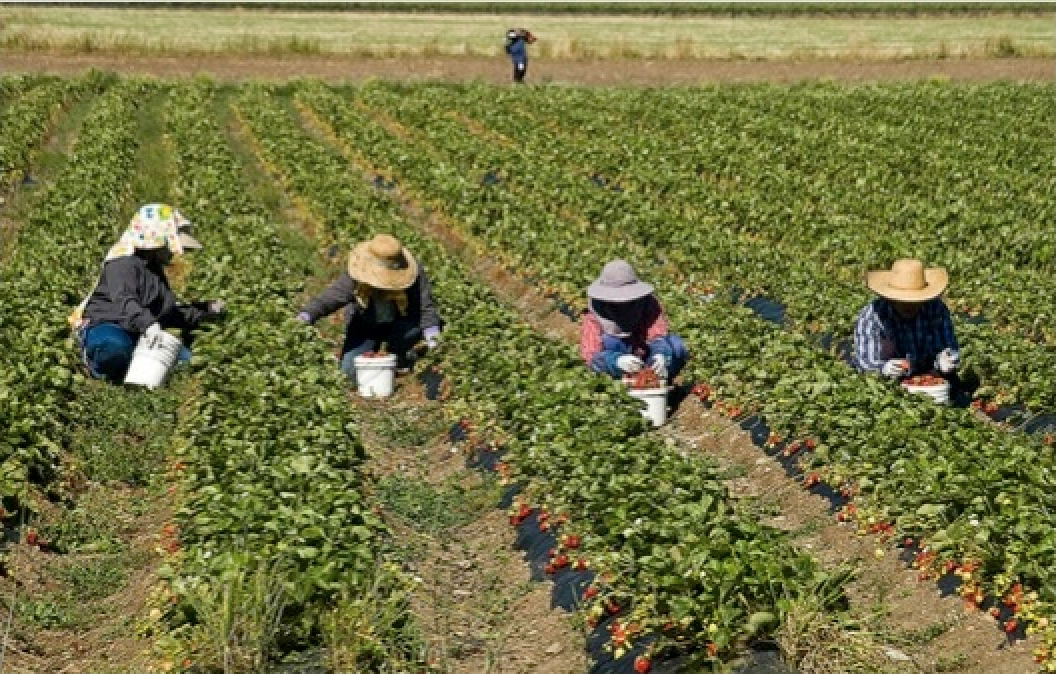Minister Weir's Response to Concerns About the FEED Program: A Former Chairman's Perspective

The author criticizes Minister Indar Weir's response to concerns about the FEED program, highlighting issues such as insufficient land, lack of water accessibility, and inadequate support for farmers.
Disclaimer: The views and opinions expressed by the author(s) do not represent the official position of Barbados TODAY.
By Anthony Wood
In an article entitled “Weir defends FEED plan” carried in the Nation on Tuesday, October 3, Minister of Agriculture, Food and Nutritional Security Indar Weir provides a feeble response to my concerns expressed about the FEED programme as a former chairman of the board of directors of the Barbados Agricultural Development and Marketing Corporation (BADMC).
Specifically, Minister Weir said the FEED was never ever designed for 150 farmers, and the programme was not only about crop production. For the public record, let me restate that the original design of the FEED programme focused on 150 well-trained, focused, full-time farmers on land availability of 1 182 acres, about 40 per cent of which was unsuitable for agricultural purposes. For Minister Weir to say otherwise is very unfortunate but not surprising. Also, Minister Weir’s statement that the programme was not only about crop production is irrelevant because that was never mentioned in my public comments on the FEED programme.
Indeed, the design of the FEED programme presented to the BADMC Board of Directors included farmers engaging in poultry and livestock farming, and the production of fruits, among other agricultural pursuits. The article mentions that “Weir stressed that FEED was geared to boost (agricultural) production only on the basis that those who were trained carried on.” Implicit in this obvious statement is the admission that farmers who received training and land through the FEED programme are discontinuing their projects. This is a major failure of the programme which should be addressed with urgency.
Reasons for the cessation of projects by farmers include lack of accessibility to water, insufficient land allocated for sustainable livelihoods, lack of marketing support by the BADMC, and very high cost of water for farmers in BADMC irrigation districts. These constraints must be addressed by the administration in order for the FEED programme to have a meaningful purpose in the country’s agricultural development policy. Minister Weir states that “the programme is serving its purpose at this time and that is to get younger people involved in agriculture.” This statement is of very little value without quantitative information on the number of young persons actively engaged in farming through the FEED programme, the types of projects, and the production levels. Are these younger persons given the necessary technical, financial, marketing and mentorship support to make them successful agri-entrepreneurs?
It is most unfortunate that the success of the FEED programme, a potentially signature project in the country’s food security drive and after the outlay of millions of dollars, is being evaluated by the (unknown) number of younger persons involved in agriculture. It should be of grave concern to the policymakers that less than 30 per cent of persons trained in the programme have been allocated land (some of whom are not engaged in production) and the programme is not being evaluated by its contribution to agricultural production and the sustainability of the livelihood of farmers.
Madam Prime Minister, please pay more attention to the FEED programme and the agricultural sector.


